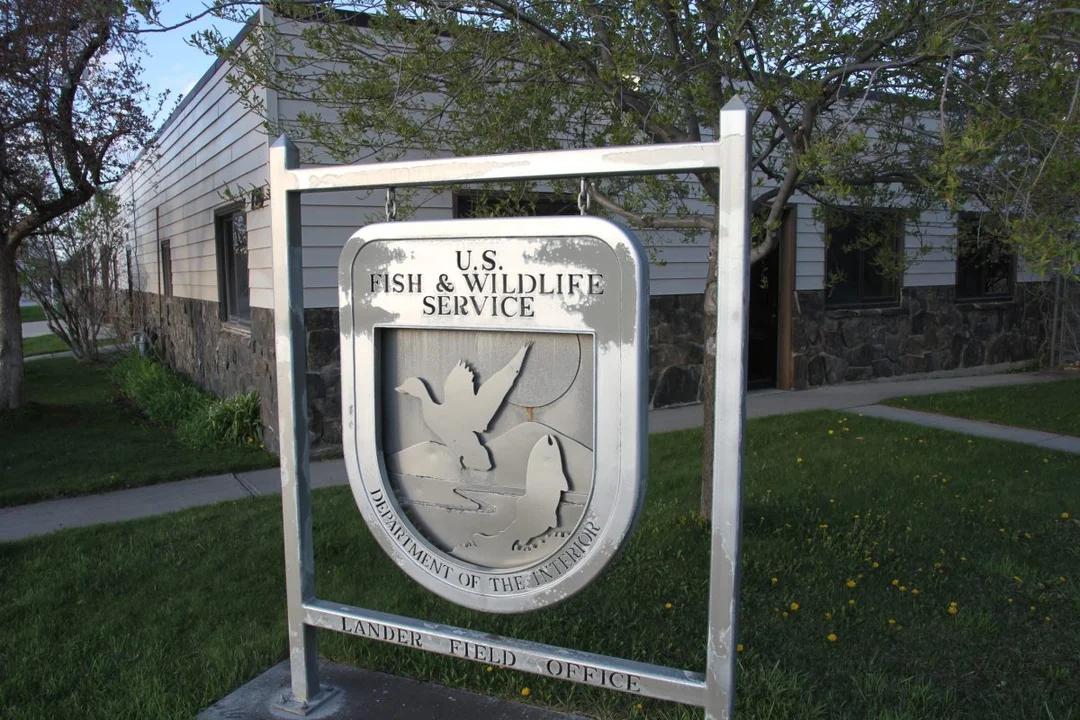
Tribes Rally to Save Lander Fish and Wildlife Conservation Office Amid Federal Cuts
In a pressing battle for wildlife conservation, tribes in Wyoming are urging the federal government to reverse its decision to close the Lander Fish and Wildlife Conservation Office. This crucial facility not only plays a central role in overseeing the wildlife on the Wind River Indian Reservation but also supports the Eastern Shoshone and Northern Arapaho tribes in managing their natural resources.
Art Lawson, the director of fish and game for the Shoshone and Arapaho tribes, expressed his dismay, indicating that the closure would further exacerbate his already overwhelming responsibilities. "That would give me three more jobs to do," said Lawson, gesturing to a world where without the office, their conservation efforts could face dire consequences.

The Lander conservation office has been pivotal since its inception by biologist Richard Baldes in the 1970s. It facilitated the establishment of a tribal game code and aided in the recovery of native species such as pronghorn and bighorn sheep. Lawson voiced concern, stating, "Dick Baldes, and everything he’s done in the past, it could all be wiped away in the blink of an eye." This fear highlights the critical need for the federal entity’s assistance in restoring balance to the ecosystem.

This situation escalated to a point where Lawson found himself in Washington, D.C., advocating for the office’s survival. Despite meetings with key congressional figures like U.S. Senator John Barrasso and U.S. Representative Harriet Hageman, he walked away with little reassurance, raising questions about the government's transparency in their plans affecting local wildlife management.
The recent resolution from the Eastern Shoshone Tribe's business council demonstrates solid backing for this critical office. In unison, they demand that the federal government restore funding and halt any plans for closure. Their message is clear: the conservation office's work is essential for the future of Wyoming's wildlife.

As the new leadership within the Fish and Wildlife Service emerges, there is hope that their understanding of tribal concerns will guide decisions favorably. Jason Baldes, son of the office's founder, remains cautiously optimistic about potential support from the new administration, but remains vigilant about the office's future.
Ultimately, the fate of the Lander Fish and Wildlife Conservation Office lies in the balance. Will the efforts of the Eastern Shoshone and Northern Arapaho tribes persuade the federal government to prioritize wildlife conservation? Or will these vital efforts fade away into little more than a memory? Share your thoughts in the comments below, and join the call to protect this pivotal conservation resource.